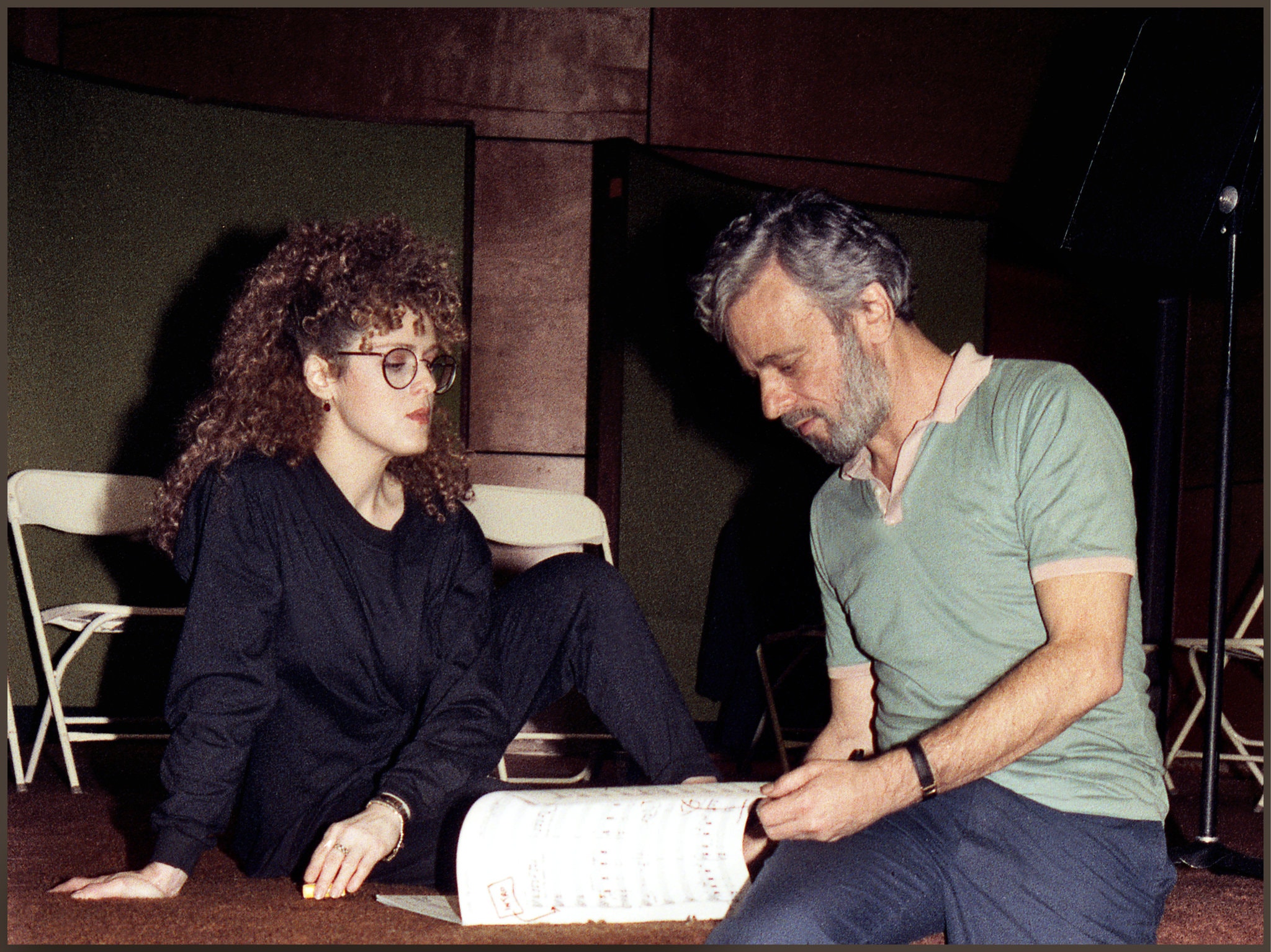y siendo evidentemente pijos y con charlas idem, recuerda mucho a esos seres de los Upper Side
Es que el propio Sondheim es uno de esos... un neoyorkino de clase acomodada/alta.
 ¡Bienvenido a mundodvd! Regístrate ahora y accede a todos los contenidos de la web. El registro es totalmente gratuito y obtendrás muchas ventajas.
¡Bienvenido a mundodvd! Regístrate ahora y accede a todos los contenidos de la web. El registro es totalmente gratuito y obtendrás muchas ventajas.


 LinkBack URL
LinkBack URL About LinkBacks
About LinkBacks

 Citar
Citar




